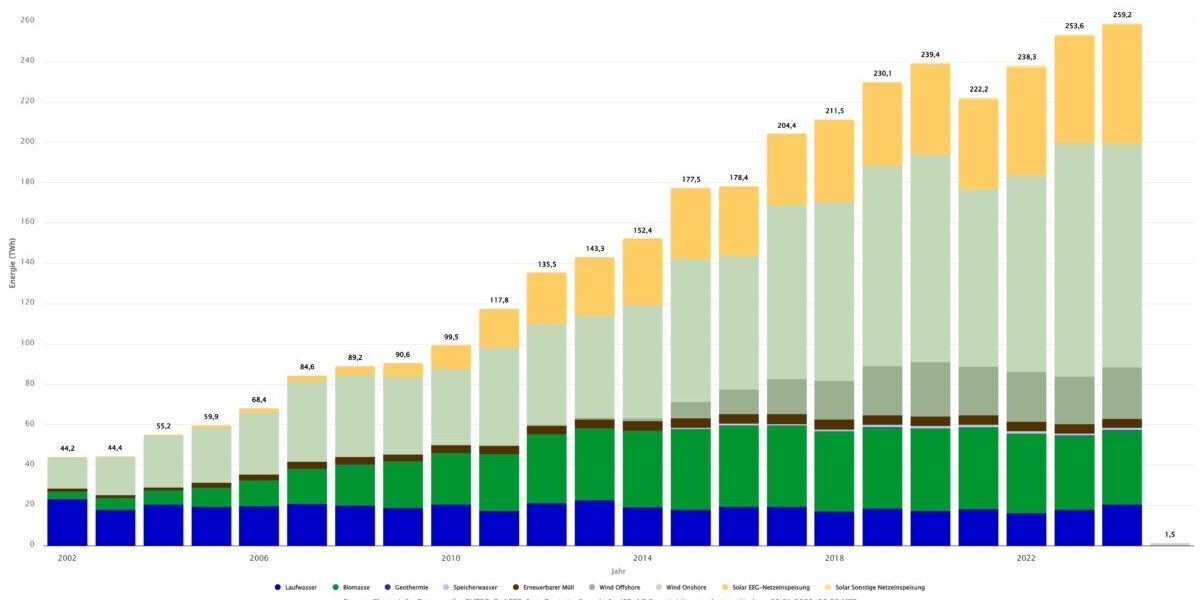Maxeon Solar Technologies has reached a global settlement with Tongwei, resolving a patent dispute over shingled solar cell and module technologies. Effective Nov. 30, 2024, the agreement ends June 2023 litigation that Maxeon initiated in Germany’s Düsseldorf District Court, where it accused Tongwei of infringing European Patent No. EP3522045 B1. Maxeon uses the technology in its Performance Line solar modules, developed from intellectual property acquired during its 2020 spinoff from SunPower. The settlement concludes the legal conflict between the solar industry rivals.
Jingyuntong (JYT) announced that it has completed the main framework construction of its 22GW high-efficiency monocrystalline silicon rod and wafer production project in Leshan, Sichuan Province. Core production equipment has been installed and is now operational. However, the company has indicated that the exact production schedule for the project remains uncertain due to ongoing market conditions and industry shifts. The company will assess the situation and adjust the construction and production plans accordingly.
Longi has outlined its plans to reduce the costs of its BC (Back Contact) solar cell product by 2025. The company expects to achieve cost reductions through three key strategies: improving cell conversion efficiency, scaling up the production of HPBC2.0 cells, and advancing manufacturing processes. Currently, LONGi's Hi-MO X10 uses HPBC2.0 cells with a production efficiency exceeding 26.6%. The company anticipates further efficiency gains and cost reductions as it ramps up production and adopts innovative techniques, such as silver reduction and silver-free metallization.
Cloud Live Tech Group (CLTG) has signed a memorandum of understanding with the Jiangsu Provincial Power Design Institute to develop a 1 GW solar project in Yancheng, Jiangsu. As part of the agreement, CLTG will be granted project registration for the 1 GW solar farm, with plans to implement it by 2025. Under the terms of the agreement, CLTG will prioritize Jiangsu Power Design Institute as the EPC contractor, and the institute has agreed to source CLTG’s solar modules for the project, provided legal, market, and technical conditions are met.
Risen has announced plans to issue offshore bonds worth up to €500 million (or equivalent foreign currency) to fund its business expansion and diversify its financing channels. The bonds, with a term of no more than five years, have been approved by the company's board and will soon be submitted for approval by its shareholders. This bond issuance is part of Risen's strategy to strengthen its capital base and support its growth in the global solar market.
GCL New Energy, a subsidiary of GCL-Poly Energy, has agreed to sell its stake in eight photovoltaic facilities located in North Carolina to Wilson Solar for approximately HK$107 million. The facilities, with a combined capacity of about 83 MW, represent part of GCL's strategy to streamline its asset portfolio and focus on its core operations. This transaction highlights the growing international presence of Chinese solar companies, as they increasingly divest non-core assets to strengthen their financial positions.
Golden Solar New Energy has said that it will reallocate the remaining proceeds from a placement in 2022. The remaining amount is CNY 30.98 billion to be used general working capital, primarily for research and development expenses, business expansion, production overheads, as well as general and administrative expenses. Golden Solar, which been developing a cast-mono heterojunction photovoltaic cell and module manufacturing business, plans to an asset light model, that is, a sales-based licensing of its intellectual property related to its hybrid passivation back contact (HBC) technology, which reportedly has a maximum conversion efficiency exceeding 27%. It noted that it already has a joint venture with LONGi Solar Technology and JP-Solar Power (Fujian) Company for HBC technology and one other cooperation with a “leading domestic photovoltaic” company. The group said that there is no material change to the existing business and operation. It sees the asset light business model providing a “stable income source and higher profit margins compared to traditional manufacturing operations.”
This content is protected by copyright and may not be reused. If you want to cooperate with us and would like to reuse some of our content, please contact: editors@pv-magazine.com.



By submitting this form you agree to pv magazine using your data for the purposes of publishing your comment.
Your personal data will only be disclosed or otherwise transmitted to third parties for the purposes of spam filtering or if this is necessary for technical maintenance of the website. Any other transfer to third parties will not take place unless this is justified on the basis of applicable data protection regulations or if pv magazine is legally obliged to do so.
You may revoke this consent at any time with effect for the future, in which case your personal data will be deleted immediately. Otherwise, your data will be deleted if pv magazine has processed your request or the purpose of data storage is fulfilled.
Further information on data privacy can be found in our Data Protection Policy.